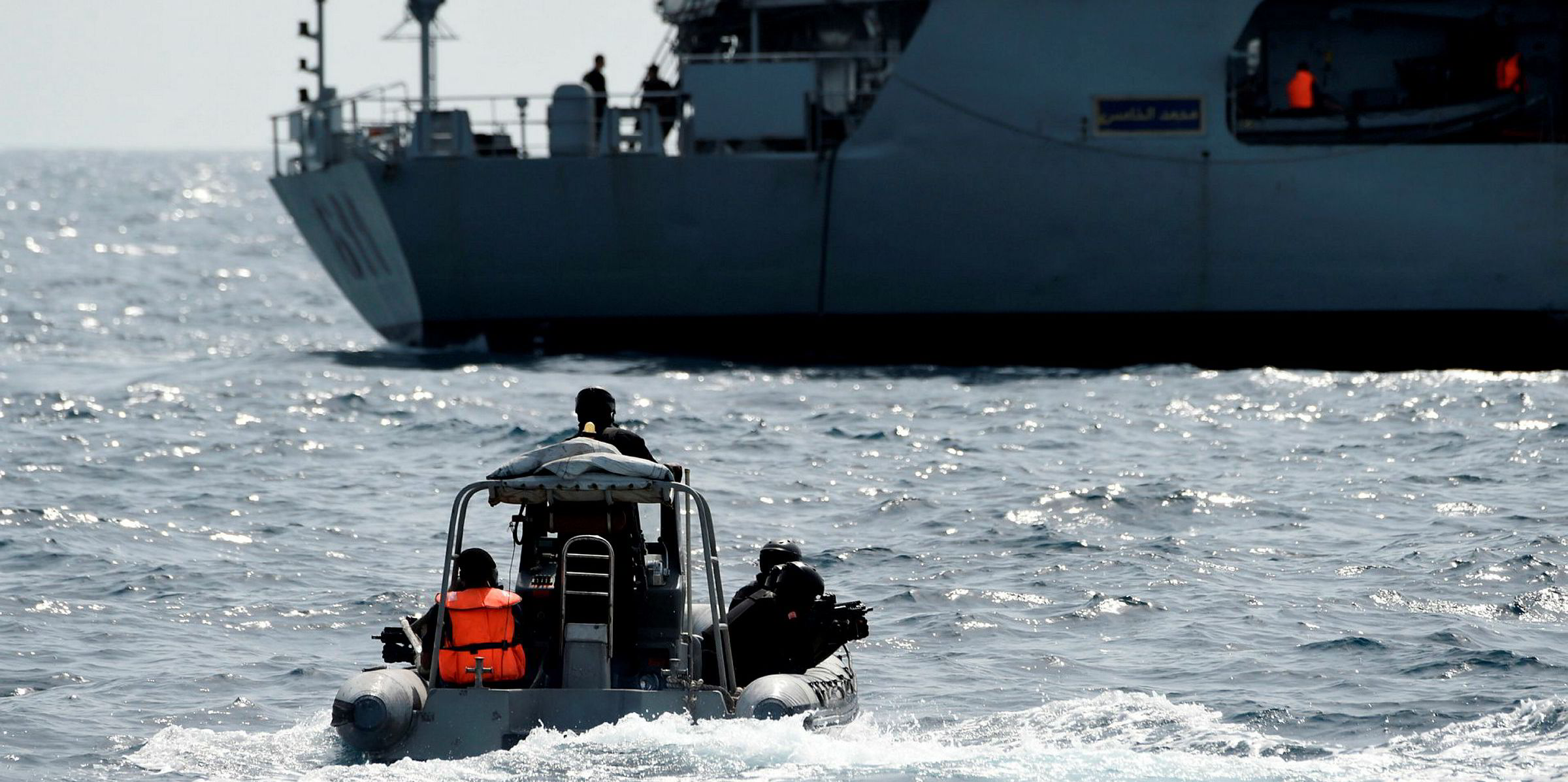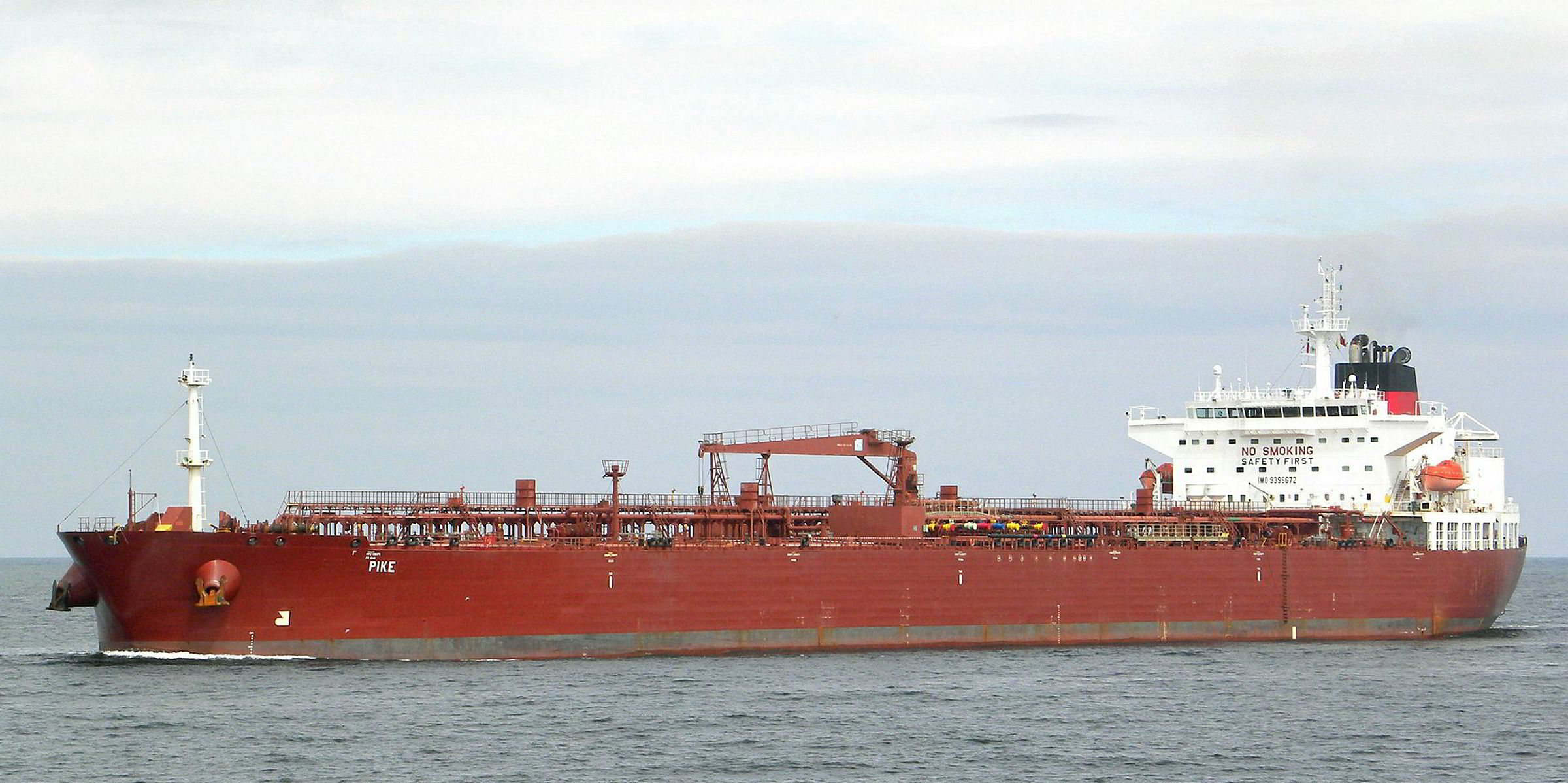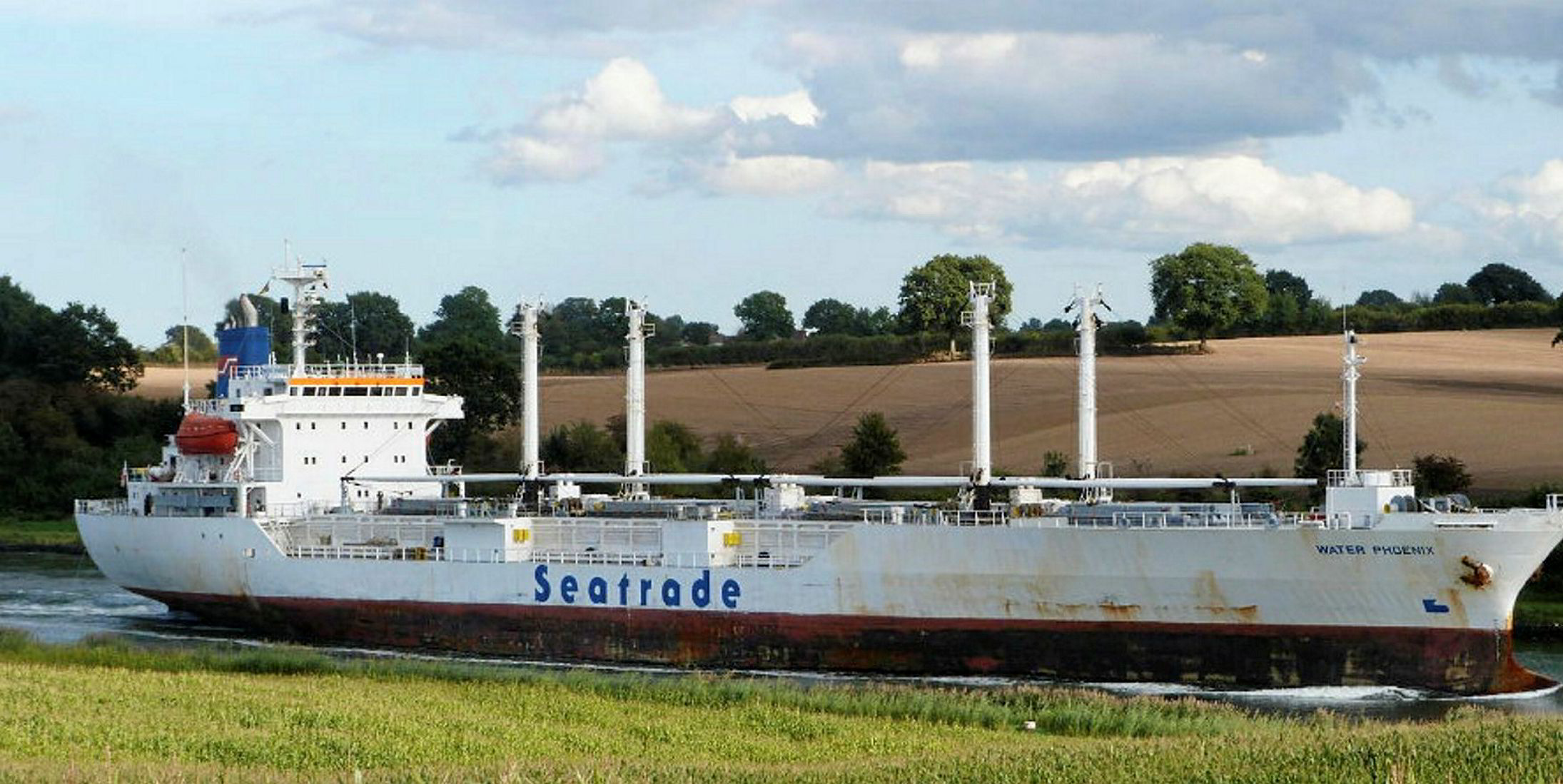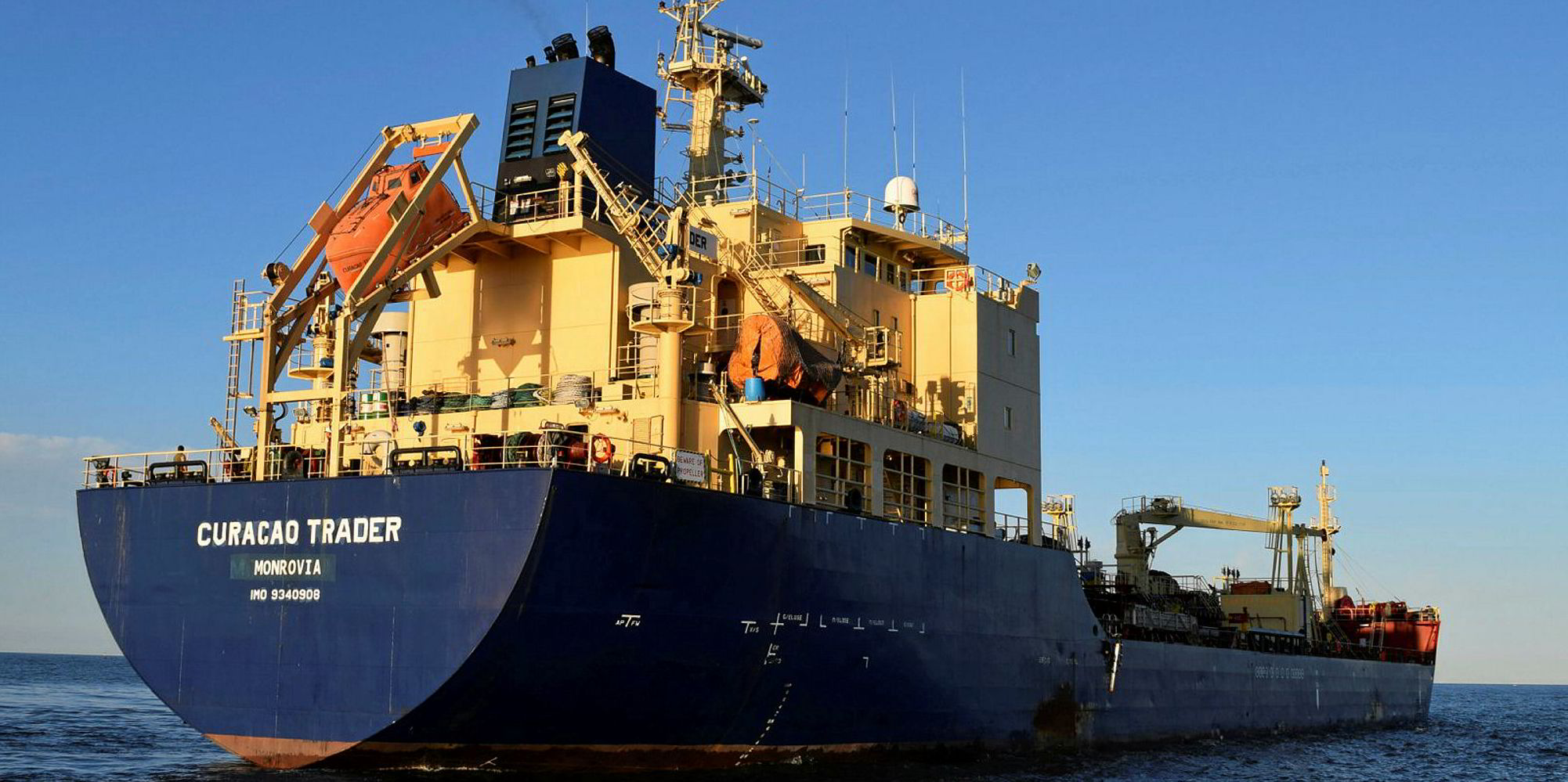West African piracy remains a threat but attacks are not becoming more frequent despite headline-grabbing abduction stories in the media.
That is the view of Dirk Siebels, senior analyst at Danish security consultancy company Risk Intelligence.
During a webinar on the piracy situation in the Gulf of Guinea, he said the industry is becoming more vocal about the problem.
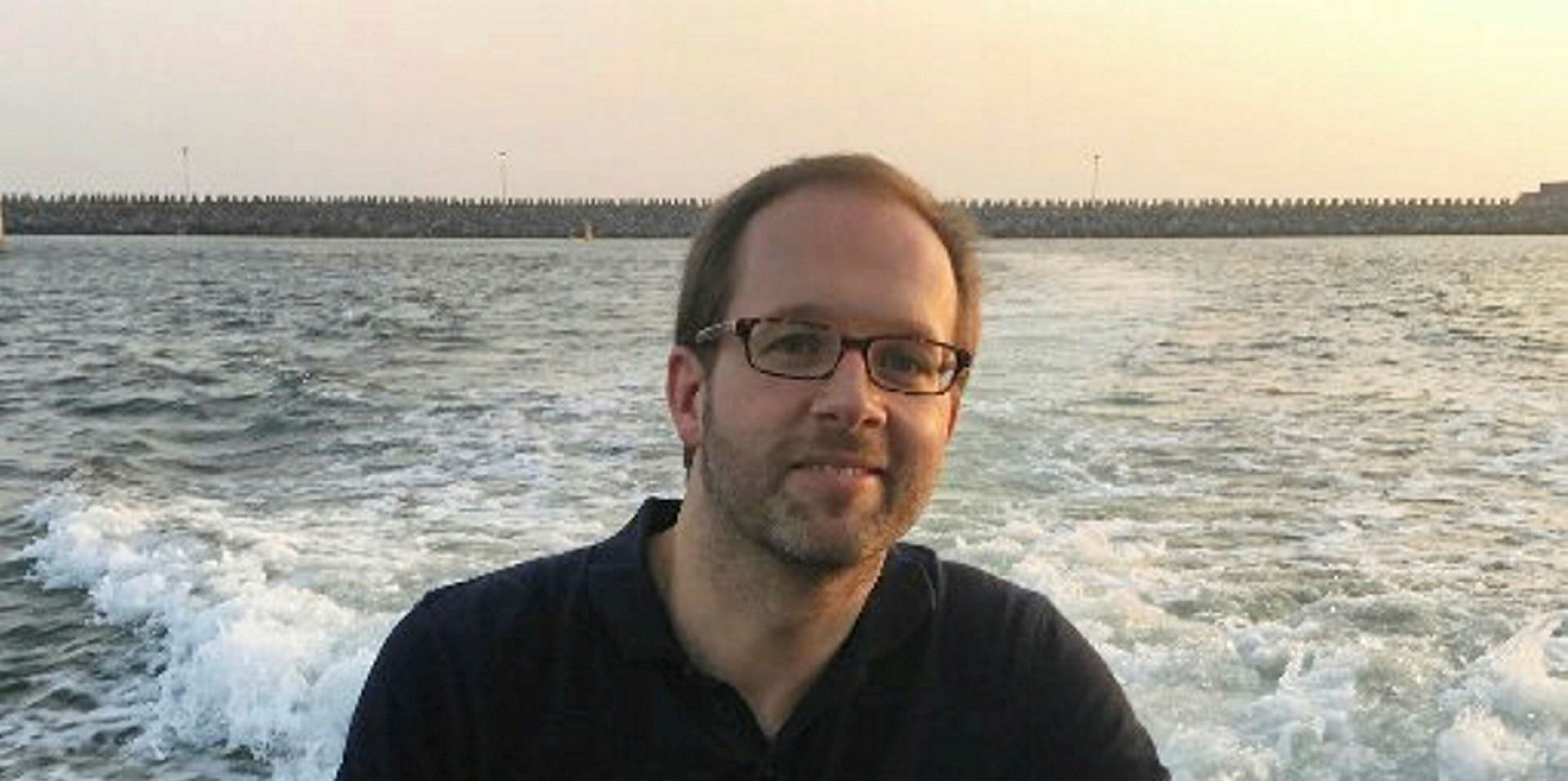
The International Maritime Bureau (IMB) has said West Africa is becoming increasingly dangerous, accounting for more than 90% of kidnappings worldwide.
Shipowners' organisation Bimco has also spoken out about a complete absence of effective law enforcement against Nigerian pirates, and how recent attempts to step up efforts have been ineffective.
However, Siebels does not entirely agree with this view.
He said the overall number of incidents has remained relatively stable over the past couple of years, and there has been no increase in 2019 and 2020.
Complicated picture
"The situation is complicated and not all about piracy," the analyst said.
"Every attack is one too many. But the situation, while it is a concern, is far from spiralling out of control."
The reality does not match "those headline-grabbing claims about things getting worse".
An increase in reported attacks does not mean a rise in actual attacks, he said.
Under-reporting of incidents had previously been a problem, but now the shipping industry is becoming more aware, and reporting percentages are going up and authorities are taking piracy more seriously, Siebels argued.
"More incidents you probably wouldn't have heard about two or three years ago are now being reported," Siebels said.
Which type of attack?
But he added that the classification of incidents remains tricky.
"Many attacks are linked to disputes between organised criminals or organisations," Siebels said. "That does not mean it is not a kidnapping when seafarers are taken, but it may mean that it's not a genuine kidnapping where the vessel was randomly targeted — it may be linked to other types of illicit activities that all or at least some of the crew members or the shipping company may have been involved in."
Siebels said these links are hard to investigate and there is a serious lack of transparency, as well as a lack of trust between the shipping industry and navies in the region.
The analyst said kidnapping is a problem on land in Nigeria as well, with the same gangs involved.
The criminals need foot soldiers, negotiators and hostage camps to pull off operations.
Infrastructure in place
"There's a certain amount of infrastructure that you need to conduct a successful kidnapping operation and actually get the ransom," Siebels said.
Sea attacks are merely an extension of land operations.
"They would not be happening if these hostage camps did not exist in the first place," the analyst said.
Siebels said the main challenge is that the situation is always changing and requires constant reassessment.
He warned that the rainy season in the region is now coming to a close, meaning attacks will now spread further out to sea.
The average number of hostages taken during successful attacks has also increased significantly, Risk Intelligence data show.
In 2016, it was mainly masters and chief officers who were being abducted.
But by late 2019, there were some attacks involving the seizing of 19 or 20 seafarers — and this has continued into 2020.
"This is very important, because there's only a few seafarers left on board, so how do you get the ship back to shore and make sure nothing happens to those left, who are probably heavily traumatised?" Siebels asked.
The analyst also said successful attacks are more likely to take place at night, so constant vigilance is vital.
One bright spot is that the Nigerian Navy is responding to more distress calls.
"If the crew can assemble in the citadel, there is very likely to be a quick response," Siebels said.
"This is a positive development. In 2016 and 2017, that response may not have been forthcoming."
Looking ahead, the economic impact of Covid-19 and low oil prices is likely to hit budgets for regional governments, delaying plans to step up security.
Kidnapping of seafarers will remain the main threat, Risk Intelligence believes.
"The situation is unlikely to improve over [the] next 12 to 18 months," Siebels concluded.
He warned that all types of ships can be targeted, and patterns and hot spots will continue to evolve.
